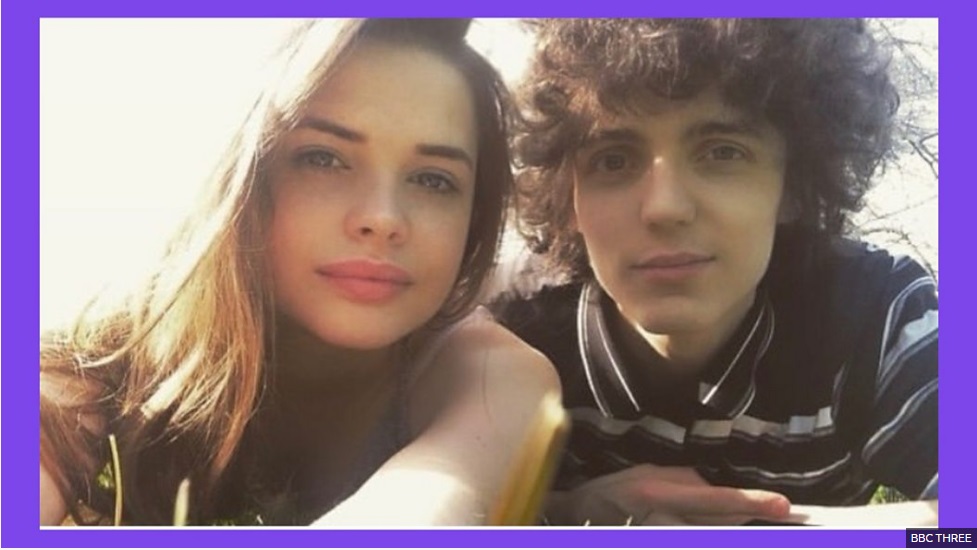I lost my boyfriend to cancer ‘conspiracy theories’
Misinformation online can be dangerous but Aimee believes for her boyfriend Sean it was deadly. Here she discusses how they got caught up in a world of alternative cancer therapies.
Aimee, 23, first met Sean at the Merseyside Youth Association – she loved singing so had just joined the soul choir there.
“It was these little gigs we used to do together, the choir and Sean’s band,” she says. “We used to have loads of fun, that’s how I met him: through music.”
Aimee describes Sean as the funniest person she’s ever met, “he was the life and soul really, he loved being on stage and playing his guitar. He was sort of well known in Liverpool because of his band. Always happy and kind.”
Aimee had only been dating Sean for a few months when he was diagnosed with Hodgkin lymphoma for the second time. She knew Sean had cancer when he was 17, and underwent months of chemotherapy, but it still came as a shock when he was re-diagnosed.
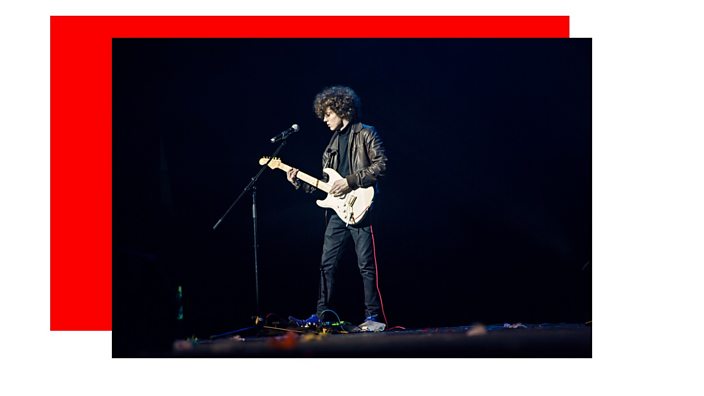
At the time, Sean’s doctors told him he had at least a 50% chance of long-term survival if he underwent chemotherapy. But after reading a lot online, Sean believed he could cure his cancer by detoxing and completely changing his lifestyle, avoiding the gruelling side effects he remembered from chemotherapy.
Sean also relied on “thermographic scans” – heat images of the body. He took them as reassurance that the alternative treatments were working, although the NHS warns there is no evidence that thermography is an effective way to test for or monitor cancer.
Aimee says for her the scans, which were advertised as “radiation-free”, were giving her false hope: “They were sort of reassuring me, so up until the point when he actually went into hospital I believed it was working.”
Tragically they were both wrong. Sean’s self-treatment was not working and in January 2018 he was rushed into hospital.
“He was really really ill, visibly ill. But because I’d been around him so much I couldn’t see it. One of my friends said to me, ‘Aimee, Sean’s not looking very good.’
“I’d use words like, ‘oh no it’s the Herxheimer’s reaction’ meaning you’ve got to get worse before you get better, which is what a lot of the alternative forums were saying.
“It wasn’t until we went into hospital and they said, ‘throughout this year, when you thought it’s been shrinking it’s actually been growing’ it hit me that it hadn’t been working.”
Doctors found a tumour the size on a grapefruit in Sean’s stomach and three others around his body. Sean died in January 2019, at the age of 23.
‘Memes became a source of treatment’
Soon after Sean found out his cancer had returned, when he had decided he was rejecting chemotherapy, the pair found themselves watching countless YouTube videos, documentaries and listening to speeches.
Aimee says she and Sean became immersed in forums and online communities dedicated to “curing cancer naturally”.
“At first I was like, ‘how are you going to cure your own cancer?’ I was just so shocked, I told him, ‘I really don’t think you should do this.’
“I wasn’t supportive and neither was [his] mum but slowly but surely we got completely sucked into this world.”
Sean went vegan, tried cannabis oil and started doing coffee enemas to try and cure himself. He started documenting his journey on Facebook Lives and grew a huge following.
“We would talk about conspiracy theories together and get each other angry about them and reinforce our beliefs,” Aimee adds.
Unsourced memes shared in this online community became a source for treatment ideas and reinforced his views.
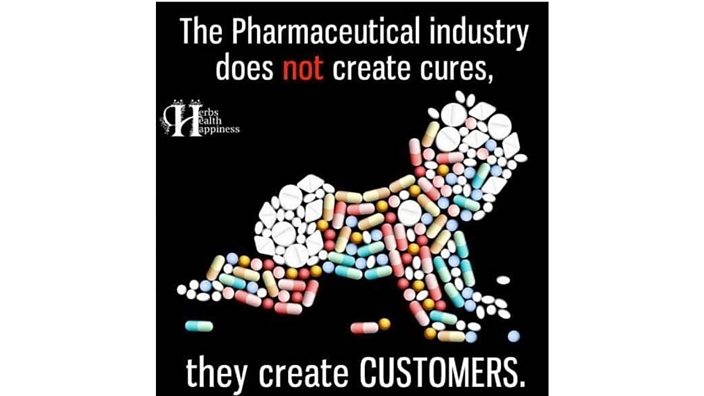
“I don’t think people realise how big of a role that those memes and things did play, because when we were just mindlessly scrolling on our phone they were sort of reinforcing what we thought every day.”
“Cherries neutralize acidity in the body and kill cancer cells,” read one post on Instagram.
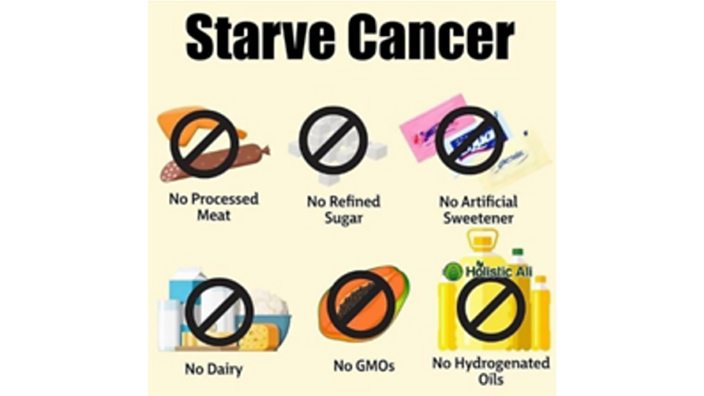
Speaking about why they believed information on the internet that was not backed up scientifically, Aimee says it was “partly we were wanting this hope.
“We were sort of clinging onto it. It was so convincing in the way that it was written on the internet and by these charismatic speakers. They were so good at speaking and it just seemed to be true.”
‘I felt so betrayed by that world of alternative cancer therapies’
Aimee says she has a lot of anger about the two years her boyfriend could have been having hospital treatment.
“I was grieving the life that we could have had together, but also trying to stay strong for him and not show that I was sad.
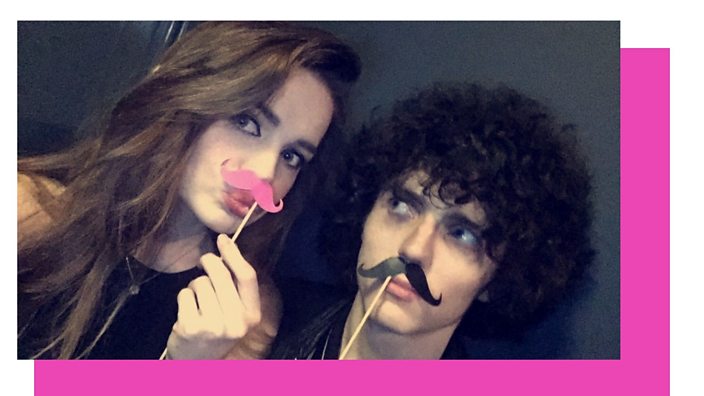
“The world of alternative [cancer] therapies are preying on people when they are at their most vulnerable.
“I felt so betrayed by that world. When I first realised I’d been radicalised by it, it was like an identity crisis. I couldn’t believe what had just happened.”
It wasn’t until he was dying that Aimee thinks Sean accepted that alternative therapies would not cure his cancer.
“I hadn’t seen him for about a month – his wishes – because he was feeling a little bit deflated and he was a bit embarrassed about how weak he was and didn’t want us to see him. Obviously I didn’t mind. I remember coming to see him and I was just shocked.”
She remembers sitting with Sean when he was in palliative care, “he had a hospital bed in the house, I was holding his hand and just trying to talk about anything to get his mind off things.
“He always used to ask me to massage him all the time because he’d be really really sore. And I made a joke asking when he was going to massage me.”
Last July, six months after Sean died, Aimee wrote in a private Instagram message:
“My thoughts on alternative cancer treatments have changed, I believe it cost Sean his life.”
Layla, a friend of Aimee’s from uni, remembered following Sean’s journey online and had messaged her to find out more about alternative cancer treatments.
Layla, who has now made a BBC Three documentary about Sean, said: “It seemed like everyone in Liverpool was following Sean’s journey – it was always positive stuff. The local paper did an article saying he had beaten his prognosis.
“But then all of a sudden Sean deactivated all his social media accounts and everything went quiet.”
Layla remembers thinking that one day as a journalist she wanted to share Sean’s story, “I thought the world was going to know that maybe you can heal yourself not in the conventional way – but the tragic reality is that isn’t the story here that’s getting told. And Sean realised himself when it was too late.”
‘False information online is so dangerous’
While investigating what happened to Sean, Layla was granted access to Sean’s emails by his family.
Layla says months before Sean got his second diagnosis he was raising money doing charity gigs for the chemo ward in his hospital. She says it’s clear from his emails how quickly the misinformation online changed his view on traditional medicine; “I can literally see in front of me a process of him slowly getting wrapped into this world, sharing unproven claims between this kind of network online.
“The guides that he was downloading, that he was sending and sharing – they were just from the internet and the claims that were in there contained so much misinformation, nothing backed up scientifically. It was so shocking for me to read through.”
For many young people in Liverpool the documentary will be the first time they will learn what really happened to Sean.
Aimee wants to warn others about the dangers of misinformation, especially for people who have been newly diagnosed with cancer.
“I just want people to really consider Sean’s story first [before deciding on treatment]. This is the documentary that I needed to see and Sean needed to see two years ago.”
It is too late for Sean, but Aimee believes action from the government could prevent others from losing their loved ones in the same way.
“They need to do something about alternative therapies and the false information online because it’s so dangerous.”
Source: BBC Three By: Hannah Price
Support families fighting financial toxicity of cancer – here.
